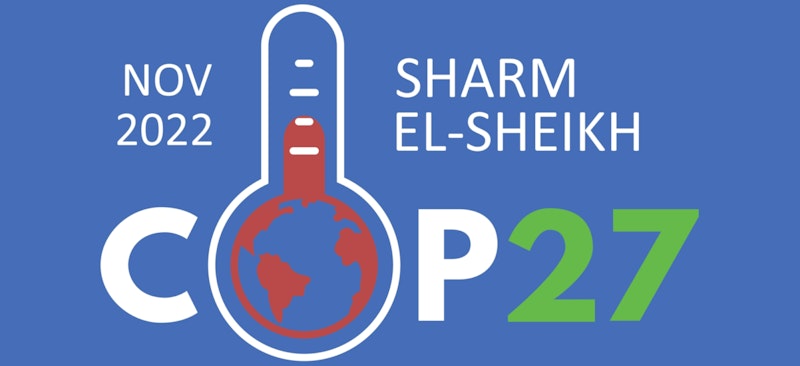Study Notes
GCSE Geography | International Agreements to Fight Climate Change (Climate Change 7)
- Level:
- GCSE
- Board:
- AQA, Edexcel, OCR, Eduqas
Last updated 19 Jul 2023
Climate change is a global issue and requires global solutions. Carbon emissions spread across the world and affect everyone. Countries regularly meet to agree targets to reduce global carbon emissions – however it is a challenge as some countries can afford to mitigate climate change more than others, and some are considered more responsible for causing climate change than others.
COP26
Every year COP takes place – this stands for Conference of the Parties (under the UNFCCC – The UN Framework Convention on Climate Change). It is a meeting that happens annually to try to forge a global response to the climate emergency – COP26 was held in Glasgow in October 2021. COP26 was really important as it was seen as the last chance to agree a response before we do irreversible damage to the planet.

Paris Agreement
In 2015 we saw the Paris Agreement where 195 countries adopted the first ever universal and legally binding global climate deal. Agreeing…
- To peak greenhouse gas emissions as soon as possible and achieve a balance between sources and sinks of greenhouse gases in the second half of this century;
- To keep global temperature increase below 2°C and limited to 1.5°C above pre-industrial levels;
- To review progress every five years; US$100 billion a year to support climate change initiatives in developing countries by 2020, with further finance in the future.
But there have been criticisms that many of these agreements are ‘promises’ or aims and not firm commitments. COP26 was the chance to force countries to revise their nationally determined contributions (NDCs) to meet the 1.5°C target – and this is our last chance to act. By 2030 emissions need to be down by 45% from 2010 (currently we are on track to increase by 16%). We need to be at net zero by 2050!
The Intergovernmental Panel on Climate Change examined closely what a 1.5°C rise would mean for the planet – the damage would be far less damaging than a 2°C rise. A 1.5°C increase would still mean rising sea levels and bleaching of coral reefs. It would also still mean more extreme weather – in terms of frequency of heatwaves, droughts and floods, but also in terms of storm intensity. But the effects of 1.5°C are more manageable than 2°C.
We are currently around 1.1-1.2°C above pre-industrial levels – and greenhouse gases are still increasing so further warming is likely. We need emissions to decrease by 7% each year until 2030. To stay within 1.5°C we need to stop emitting carbon dioxide and other greenhouse gases. This means stopping burning fossil fuels, finding ways to farm that don’t release methane, reducing deforestation and stopping many industrial processes. This needs to happen by the middle of this century. We need to increase carbon sinks like forests, peatlands and wetlands, that can store vast amounts of carbon, to offset any remaining residual emissions that are still in the atmosphere. This balance is known as net zero.

COP27
COP27 was held in November 2022 - in Egypt, with a focus on working out how those ambitious goals from COP26 will be achieved, and how countries will pay for climate action. Many developing nations looked to Egypt to put pressure on rich polluting nations to stump up the cash they promised in 2015 as part of the Paris Agreement. Egypt reinforced the point that developing nations, such as those in Africa, have made a far lower contribution to carbon emissions, but they will be the ones to feel the impacts of climate change more severely. Developing nations were promised $100bn a year to help cope with the fallout from climate change, to pay for losses and damages. Before the start of COP27 only Denmark had formally agreed to pay.
Leaders were worried that talks might lose focus and be overlooked because of global events such the war in Ukraine. It can’t be denied that the conflict has triggered a food and energy crisis, with energy pricing soaring as Russia cuts off supplies to Europe in retaliation to the sanctions over its invasion. On the plus side it has sped up plans to shift to clean power across the EU and beyond.
COP27 closed with a breakthrough agreement to provide “loss and damage” funding for vulnerable countries hit hard by climate disasters.
You might also like

Alaska's Permafrost is Thawing
24th August 2017
The Met Office warns of a continuing warming trend
20th December 2019
Methane emissions from Russian coal mine
16th June 2022

Geography in the News: Europe's warm summer shatters records
10th September 2022

Podcast recommendation: Rethink Climate (BBC Sounds)
17th January 2023